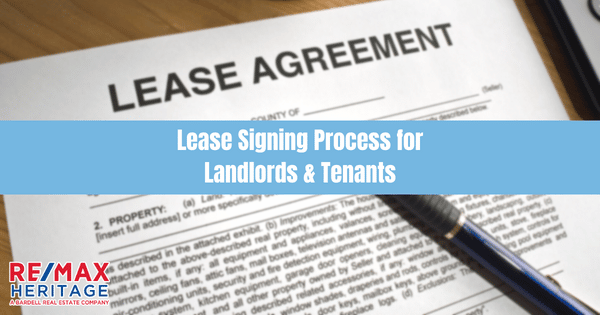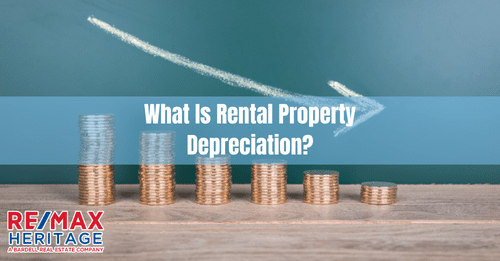
by Elsa Soto | Feb 10, 2023 | Blog, Homeowners, Homes, Villas and Condos, News, Property Management
Lease Signing Process for Landlords & Tenants Lease Signing Process for Landlords & Tenants A rental lease agreement is an important document that includes all the necessary information and legal elements required to protect landlords and tenants. But...

by Elsa Soto | Feb 4, 2023 | Blog, Homeowners, Homes, Villas and Condos, Investment Property in Florida, News, Property Management, Renters
What Is Rental Property Depreciation? What Is Rental Property Depreciation? Rental property depreciation can help you deduct property-related costs to lower your taxable income for the year. Tax professionals typically help in calculating depreciation for your...

by Elsa Soto | Feb 3, 2023 | Blog, Homeowners, Homes, Villas and Condos, Investment Property in Florida, News, Property Management, Renters
When Should You Sell a Rental Property? When Should You Sell a Rental Property? Investment properties can be a lucrative source of passive income, but factors like profitability, maintenance, and the housing market at large can become good reasons to sell a...

by Elsa Soto | Jan 27, 2023 | Blog, Homeowners, Homes, Villas and Condos, Investment Property in Florida, News, Property Management, Renters
Rental Documents Every Landlord Should Have Rental Documents Every Landlord Should Have A handful of tasks go into being a landlord — you’ll need to advertise your rental listing, screen prospective tenants, collect rent payments, turnover an apartment, and...

by Elsa Soto | Jan 20, 2023 | Blog, Homeowners, Homes, Villas and Condos, Investment Property in Florida, News, Property Management, Renters
7 Things to Know About Long-Distance Real Estate Investing 7 Things to Know About Long-Distance Real Estate Investing Not all neighborhoods offer properties that can help generate passive income through rent payments, but long-distance real estate investing can...

by Elsa Soto | Jan 13, 2023 | Blog, Homeowners, Homes, Villas and Condos, Investment Property in Florida, News, Property Management, Renters
How to Find Investment Properties How to Find Investment Properties There is no right or wrong way to find investment properties, but knowing how to find investment properties can speed up the process of establishing your business. In this article, we share the...








